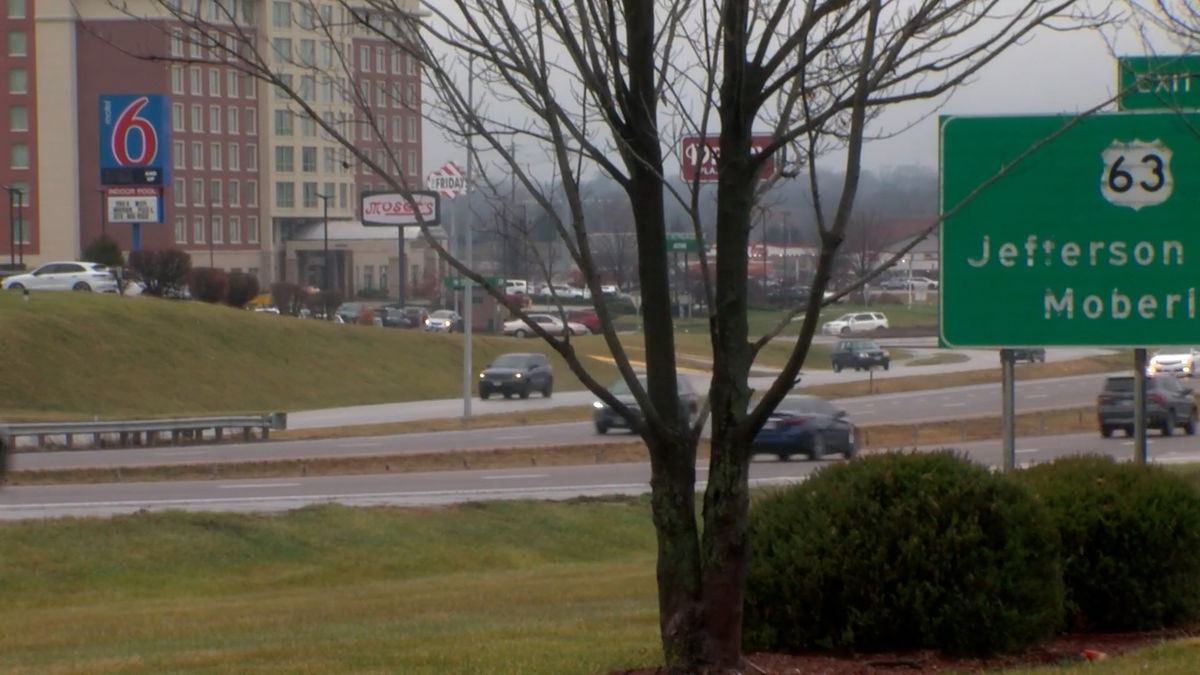Jobs
California’s fast food minimum wage hike didn’t cost jobs, study says

In This Story
California’s new $20 minimum wage law for fast food workers, effective April 1, 2024, raised wages without causing major price increases or job losses, according to a study by the University of California’s Berkeley Institute for Research on Labor and Employment.
Using an analysis of over 35,000 Glassdoor job postings, menu prices from nearly 1,600 restaurants, and Bureau of Labor Statistics (BLS) employment data, the results were compelling: The average hourly wage for fast food workers surged by 18%, yet employment levels remained stable.
The study contradicts the common belief that higher wages would require workforce reductions. The policy change did lead to a modest price increase of about 3.7% for menu items, translating to an additional 15 cents on a $4 burger.
However, the increase is significantly lower than industry predictions, suggesting that many fast food chains absorbed the costs rather than passing them onto consumers, the study noted. It’s likely that the price increases raised restaurant revenue, partly because fast food is “price-inelastic.”
A separate study published earlier this year found that fast food chains in California had actually been raising prices by 7% in the six months leading up to the wage increase.
The new wage standard, considered to be the highest in the nation, affects approximately 750,000 workers, with around 90% previously earning less than $20. While such an increase might typically raise concerns about job cuts, recent research indicates that the policy did not lead to reduced employment in the sector. However, Pizza Hut (YUM) and a few other chains said they would lay off workers earlier this year.
Although the study highlights that raising the wage floor can lead to better pay without jeopardizing jobs, challenging the traditional narrative around minimum wage increases remains difficult, partly because state’s have their own standards to consider. As California’s Fast Food Council moves forward with future wage considerations, the success of this policy could serve as a model for other states aiming to improve working conditions while maintaining employment stability.









